8 times civil society changed the world in 2022
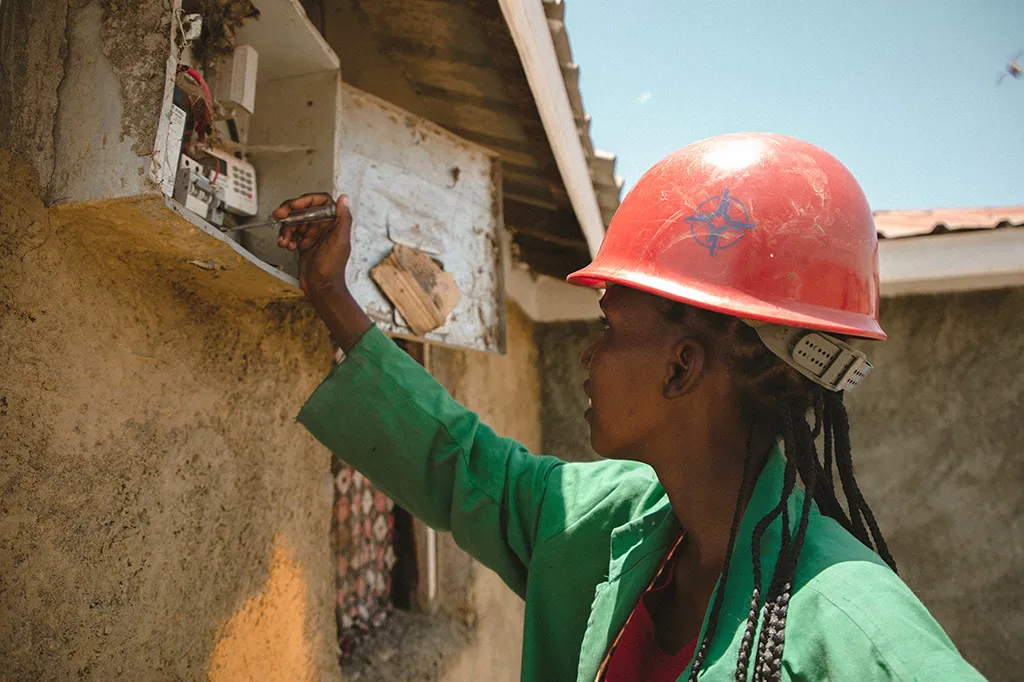
Established pharmaceutical waste collection for 3 million Belarusians
Research conducted by Centre for Environmental Solutions found traces of pharmaceutical material in water sources across Belarus, flagging the danger of their presence for human health. Belarus has currently no legal framework for the collection and disposal of pharmaceutical waste generated in homes. Medication that is no longer needed or is out of date is simply thrown in the rubbish bins together with the rest of the domestic waste. This ends in the landfill sips through the soil to underground waters, polluting rivers and eventually the basin of the Baltic Sea.
A civil society organization received funding from ForumCiv to install over 90 pharma waste collection bins in 23 cities in Belarus and contract a specialized service to safely dispose of them. The project lobbied local governments, hospitals, and pharmacies to install special containers and encouraged patients to start disposing of pharmaceutical waste safely. Local volunteers received training to monitor the state of the containers, collect data to support lobbying and run a national information campaign to raise general awareness of the current issue and its consequences.
During the project’s first 16 months, volunteers collected 645,20 kg of domestic pharmaceutical waste, preventing it from getting into the soil and the groundwater.
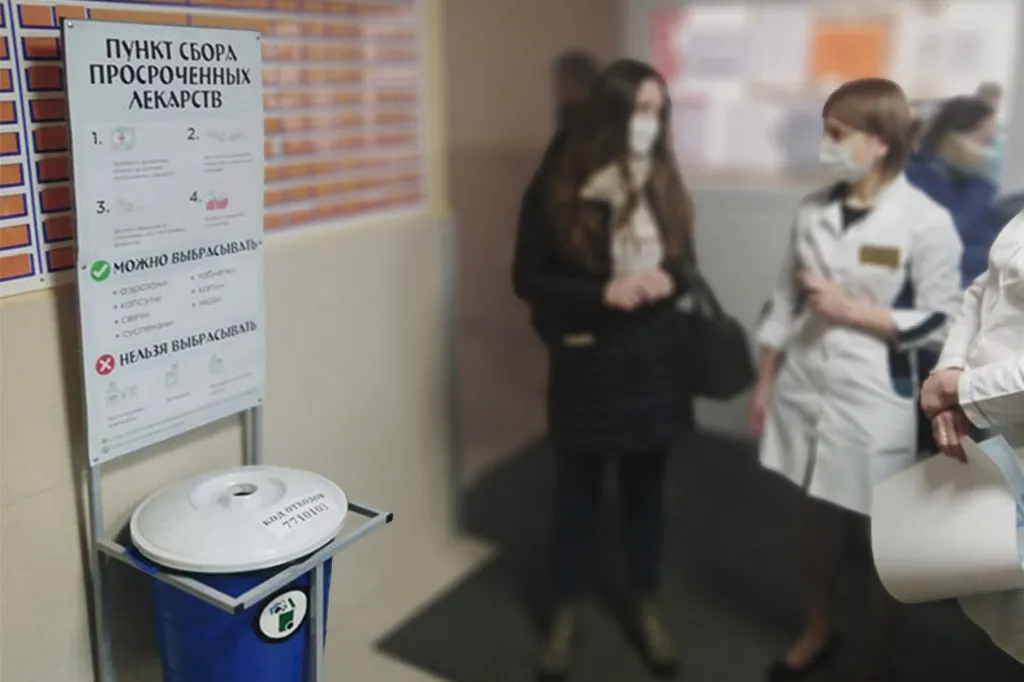
Advocacy efforts gave access to clean water
In the past, women in the communities Suswa and Rapland, in Kenya, had to walk more than 20 kilometres just to find water. High levels of illiteracy and a lack of awareness of their human rights hindered the members of the communities to engage with duty bearers to have their rights fulfilled. The acute shortage of water in these communities has been a critical cause of human conflict as men would take their animals by force to other areas to access water resulting in inter-communal conflict.
ForumCiv has been working with these communities to raise awareness about their rights and empower them to advocate for their needs, through our Right(s) Way Forward methodology. Community members have engaged with the local governments to secure water projects and other development initiatives. As a result, the county government of Narok built a community water project, bringing clean water closer to the people. The communities have also created action plans to address other priorities like education, sanitation, jobs, and gender equality. Overall, these efforts have made a positive impact on the lives of the people in Suswa and Rapland, providing them with better access to water, healthcare, and other essential services.
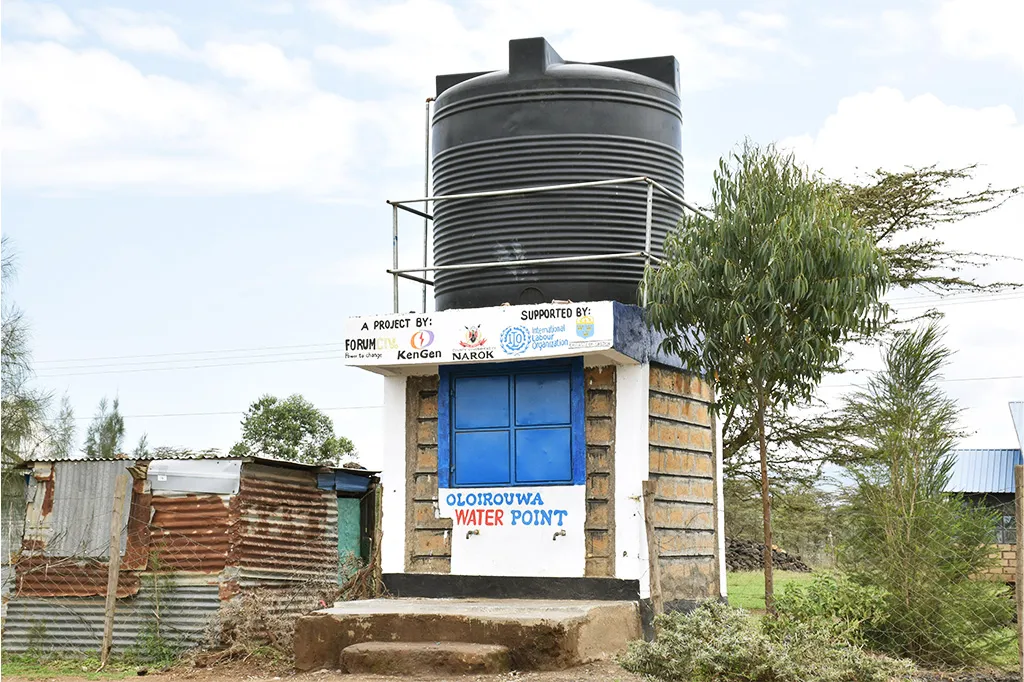
Civil society fought against corruption in Liberia
Civil society in Liberia has achieved a significant victory in the Supreme Court, thanks to the investigative efforts of three organizations supported by ForumCiv. The investigation focused on the mismanagement and abuse of power related to the allocation of development funds in Bong County. The findings confirmed these allegations and prompted the organizations to call for the implementation of the Local Government Act, which would ensure greater transparency and accountability in fund management.
The case reached the Liberian Supreme Court, which ruled in favour of the civil society organizations. The court's decision mandates that development projects be determined by county councils that include representatives from civil society, women, youth, people with disabilities, and chiefs, as outlined in the Local Government Act. This landmark ruling sets a precedent for governance in Liberia, allowing civil society in other counties to demand similar leadership practices.
ForumCiv's support of these organizations demonstrates its commitment to empowering marginalized communities and enabling them to assert their rights. The positive outcome of this case has not only improved the lives of citizens in Bong County but also strengthened civil society throughout Liberia, with the potential for significant impact at the local, regional, and national levels.
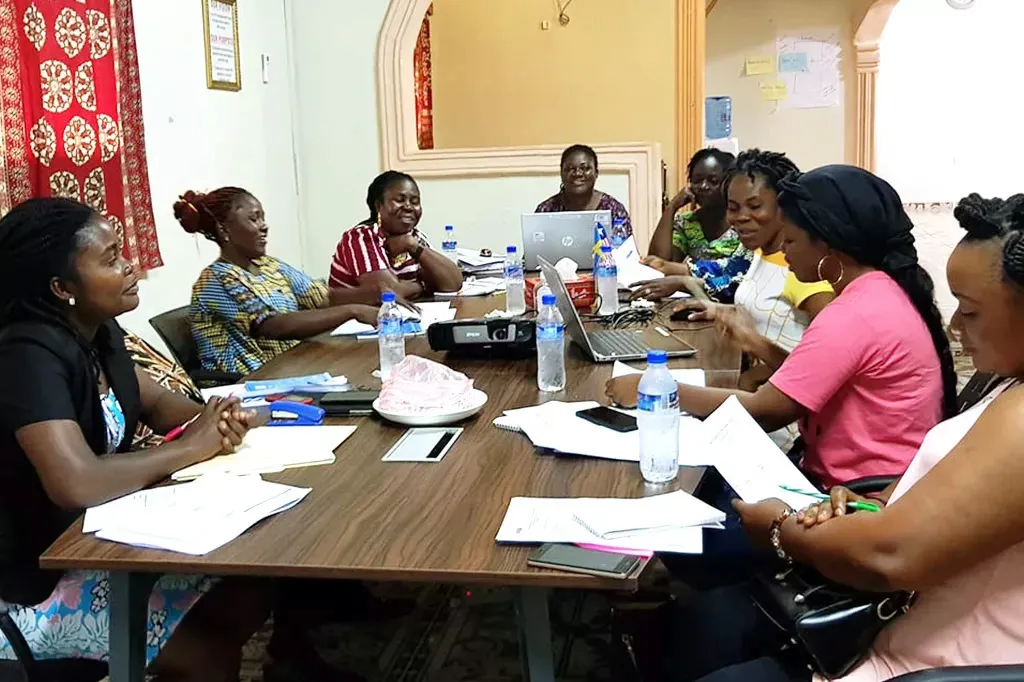
100 Belarusian civil society leaders designed a future plan for a democratic Belarus
ForumCiv’s Eastern Europe office enabled 100 Belarusian civil society leaders, representatives of new democratic forces and context experts to meet together for the first time after the revolution of 2020 and discuss a new collective vision for the future of Belarus.
ForumCiv has been involved in the support of Belarusian civil society for almost 30 years. During these years we have seen a cycle repeating itself: opening of civic space, followed by repressions, followed by sanctions but then eventual reproaching from the regime. ForumCiv aims to sustain civil society and build bridges between civil society in the country and those forced into exile.
Improved work opportunities for people living in poverty
ForumCiv in Kenya has partnered with private companies in a project to create decent job opportunities for people living in poverty. The project has so far created 489 job opportunities. This has been made possible by business skills training, empowering communities, combatting adult illiteracy, overcoming gender stereotypes, relevant skills enhancement for jobs, and livelihood empowerment. One of the objectives has been to create vocational training centres. Graduates are in self-employment within 12 months of graduation. Joy Kisotu is a student that has participated in Narok Vocational pursuing electrical engineering.
“When I was in high school, I loved Physics. I also loved stuff to do with electrical and engineering. In my community, there weren’t many people who could take part in such a course. Through the Inclusive Growth Project, I could attend the course and have since graduated with a certificate. With the certificate, I can apply for electrical engineering jobs in several companies”, says Joy Kisotu.
Joint actions to address climate change and sustainable livelihoods
Roughly 75 per cent of Cambodia’s population live in rural areas and are dependent on natural resources for their livelihood. Meanwhile, the country has been severely hit by climate change and has experienced more than 3,000 floods and thousands of droughts and hurricanes.
ForumCiv together with four local partner organizations supported the capacity strengthening of 32 Community Based Organizations around Tonle Sap Lake in Cambodia to lobby sub-national government and relevant stakeholders to fund community action plans and jointly address climate change and fishery issues. Because of the advocacy efforts, 18 community organizations received small grants of 1,000 USD from the Government‘s Fishery Administration and 15 organizations received communal funds to implement key activities such as planting flooded forest seedings, constructing/renovating the dam for reserving water in the fish conservation area, environmental awareness-raising events and waste management, among others. Read more results from our three decades in Cambodia.
Balancing care responsibilities and enabling women's participation in public life
As a result of several workshops on the care economy and the school of new masculinities, six local organizations in Colombia have identified the importance of raising gender equity issues. This has led to men being better at sharing the care responsibilities in a household, allowing greater participation of women in public life.
The project has generated an increase in women's participation in general activities, reflecting greater freedom to be in dialogue and decision-making spaces in Colombia. This contributes to a greater level of equality in the participation of men and women in caregiving as well as in other participation and leisure activities.
Over 100 organizations in joint calls to the Swedish government
In 2022, the Swedish government made drastic changes in the budget for development aid. ForumCiv gathered over 100 of our member organizations in two public statements to urge the government to not turn their back against people living in poverty and under oppression. The two statements demonstrated the strong voice of civil society in Sweden for a just and sustainable world. The Swedish government later returned some of the money taken from the development aid budget to cover in-donor refugee costs, in particular the funds to civil society organizations.
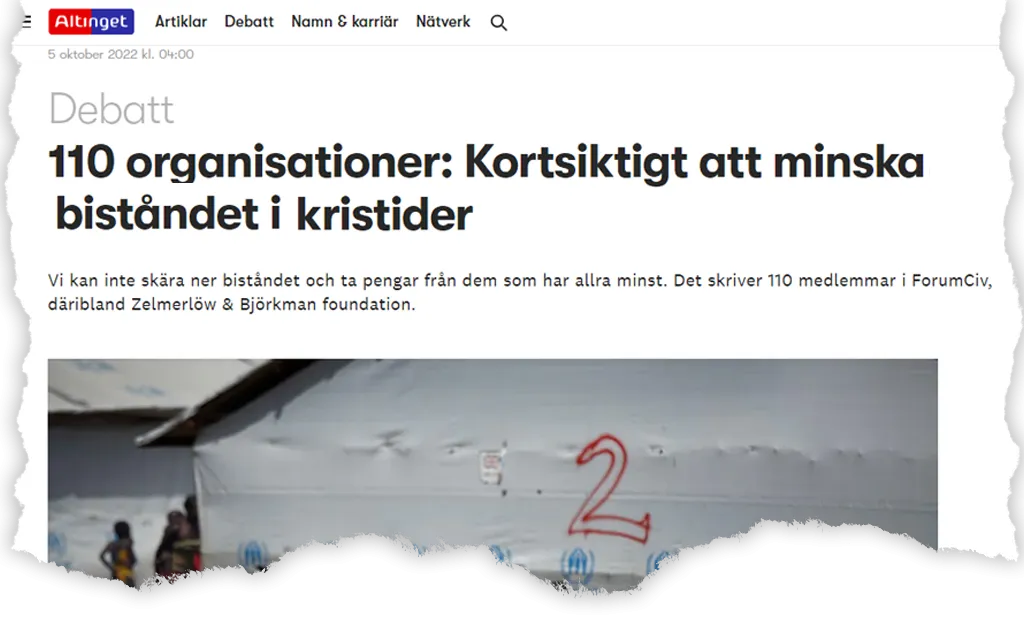
Other recent articles

ForumCiv’s social media accounts labelled as “extremist materials” in Belarus
Important message to our Belarusian followers. Any interaction with our content can now lead to legal consequences in Belarus. Please read the information below and take the necessary precautions for...

ForumCiv enters new strategic partnership
ForumCiv is proud to announce a new three-year strategic partnership with Sida, totalling SEK 137 million.
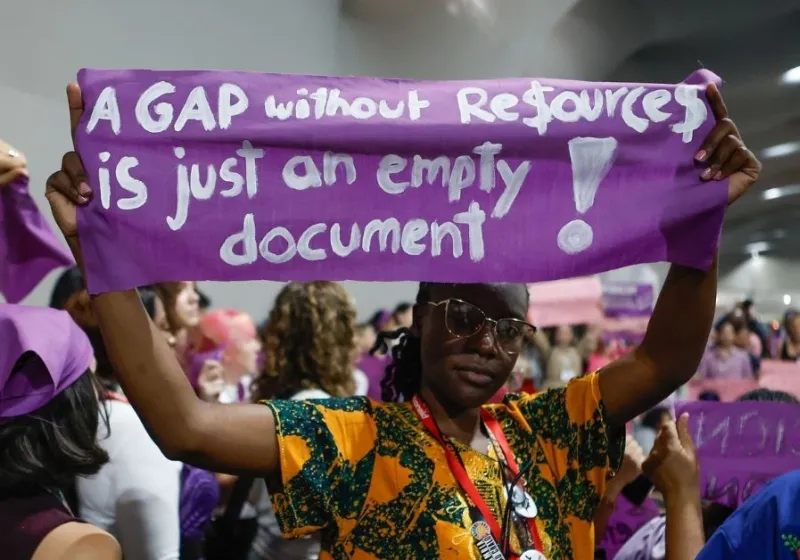
ForumCiv at COP30: African voices at the centre of climate justice
ForumCiv is participating in COP30 in Belém to amplify the voices of African civil society, who stand at the frontlines of the climate crisis yet are often excluded from decision-making.